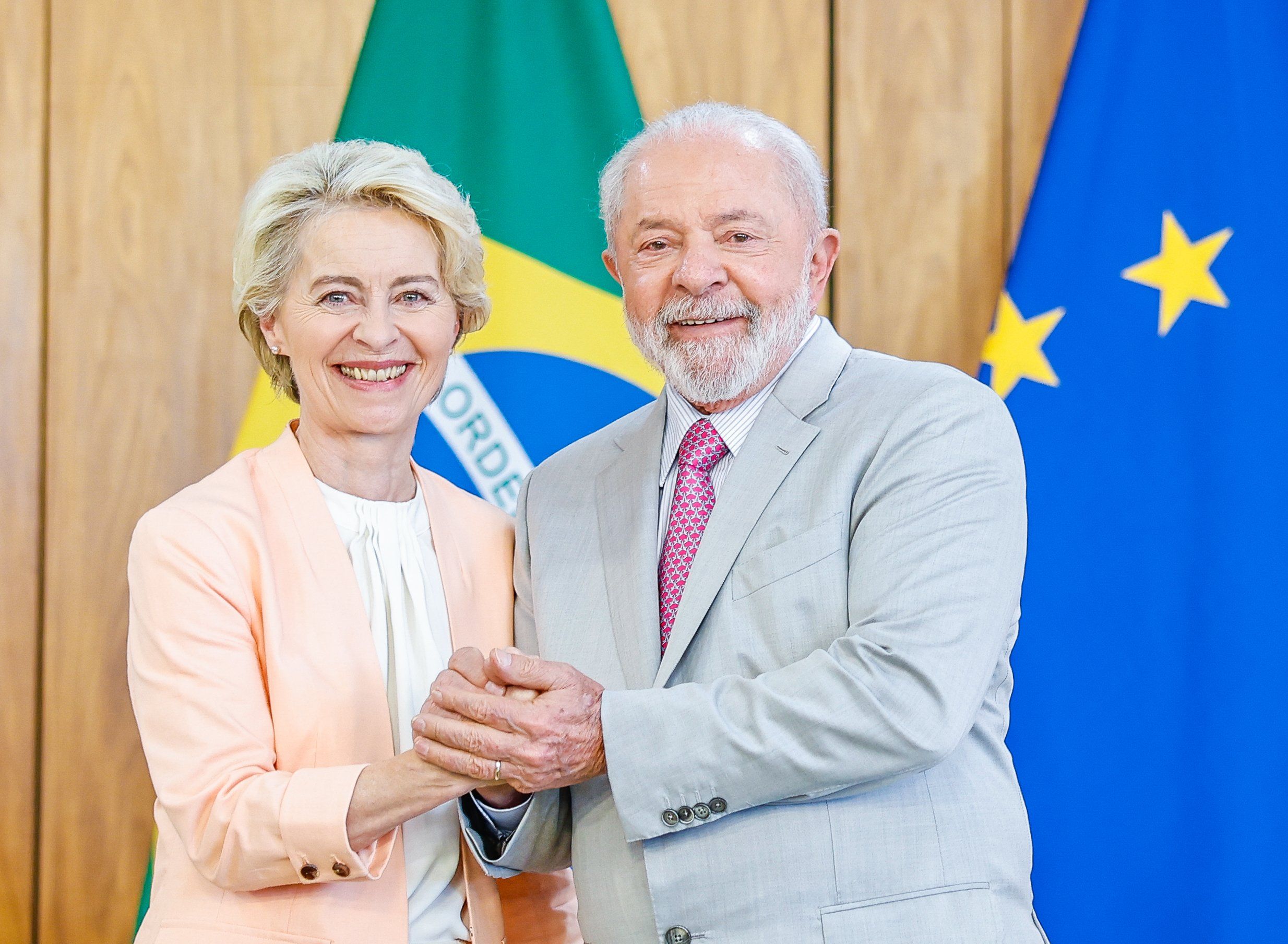First, negotiations to ratify a free trade agreement between the EU and Mercosur, a South American trade bloc, remain stalled. The pact was signed in 2019, but Germany and France still have reservations about Amazon deforestation, which Brazil and Argentina say is unfair and based on mistrust. Meanwhile, Europe is fast losing trade clout to China in Latin America, which could supply many of the critical minerals the Europeans need to depend less on China.
Second, the EU and most of Latin America don't see eye-to-eye on Russia's war in Ukraine. While virtually all of Europe is in the tank for Kyiv, Brazil and Mexico prefer to remain neutral. Summit-loving Ukrainian President Volodymyr Zelensky won't be this week in Brussels, where the Europeans will likely hear that they should focus less on doling out weapons to Ukraine and more on pressing Zelensky to negotiate with Russia.
The EU wants to convince Latin America that the two blocs are natural partners. But a stalled trade deal and political bickering over Ukraine are no harbingers of warmer ties to come.
